Ian Dewancker
Sampling Humans for Optimizing Preferences in Coloring Artwork
Jun 10, 2019
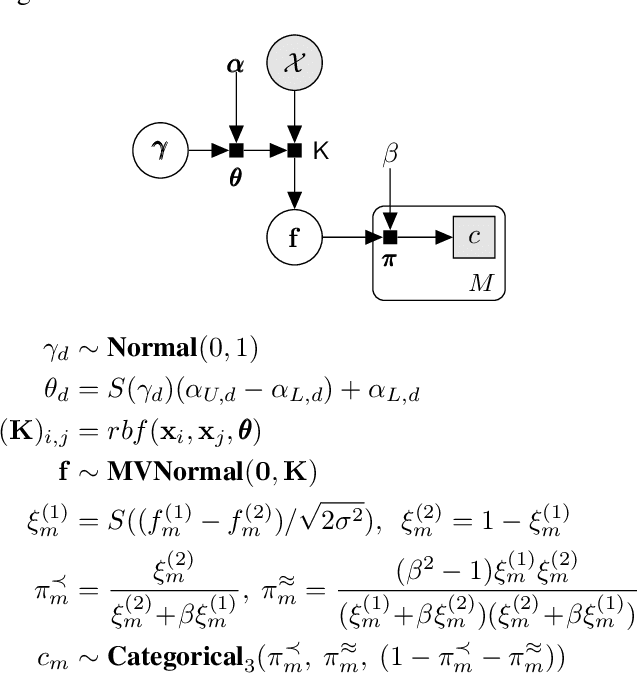
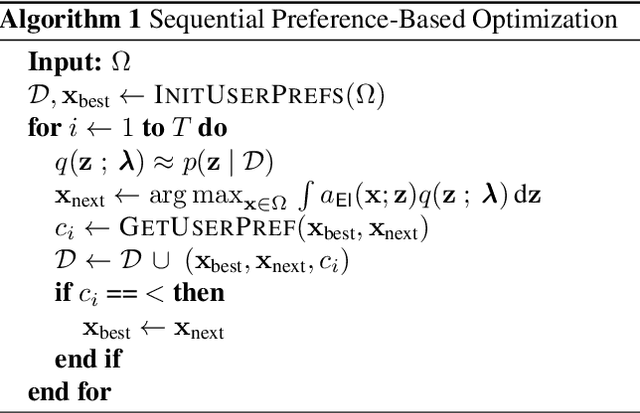
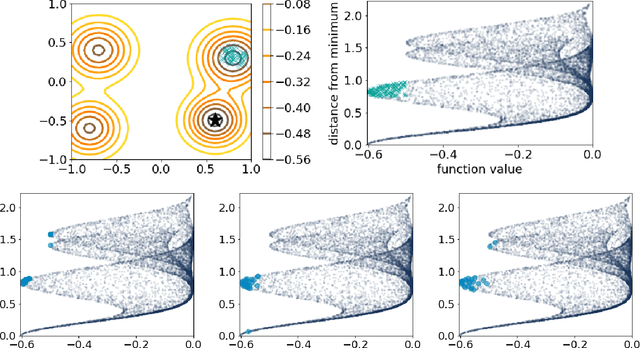
Abstract:Many circumstances of practical importance have performance or success metrics which exist implicitly---in the eye of the beholder, so to speak. Tuning aspects of such problems requires working without defined metrics and only considering pairwise comparisons or rankings. In this paper, we review an existing Bayesian optimization strategy for determining most-preferred outcomes, and identify an adaptation to allow it to handle ties. We then discuss some of the issues we have encountered when humans use this optimization strategy to optimize coloring a piece of abstract artwork. We hope that, by participating in this workshop, we can learn how other researchers encounter difficulties unique to working with humans in the loop.
Sequential Preference-Based Optimization
Jan 09, 2018
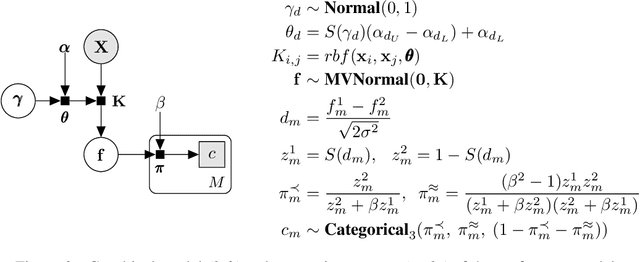

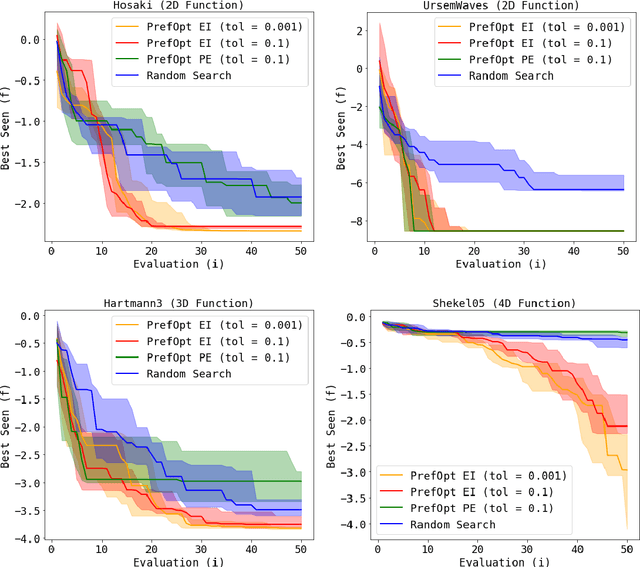
Abstract:Many real-world engineering problems rely on human preferences to guide their design and optimization. We present PrefOpt, an open source package to simplify sequential optimization tasks that incorporate human preference feedback. Our approach extends an existing latent variable model for binary preferences to allow for observations of equivalent preference from users.
Bayesian Optimization for Machine Learning : A Practical Guidebook
Dec 14, 2016


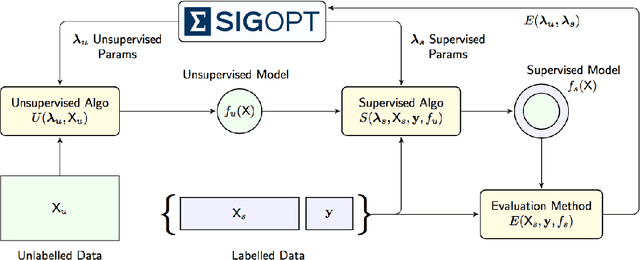
Abstract:The engineering of machine learning systems is still a nascent field; relying on a seemingly daunting collection of quickly evolving tools and best practices. It is our hope that this guidebook will serve as a useful resource for machine learning practitioners looking to take advantage of Bayesian optimization techniques. We outline four example machine learning problems that can be solved using open source machine learning libraries, and highlight the benefits of using Bayesian optimization in the context of these common machine learning applications.
Evaluation System for a Bayesian Optimization Service
May 19, 2016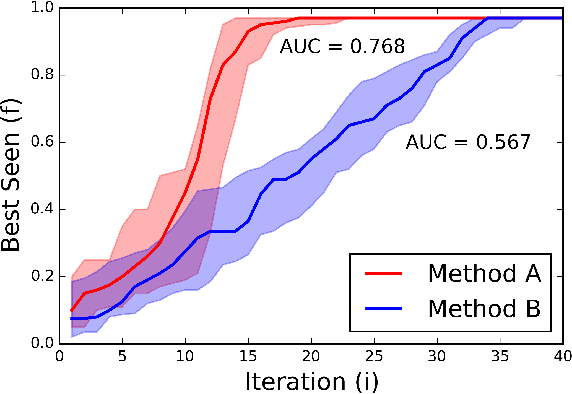

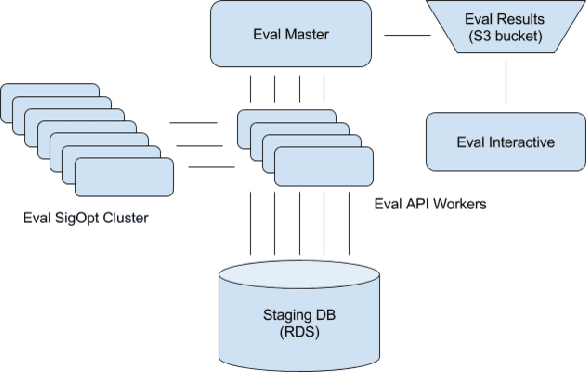
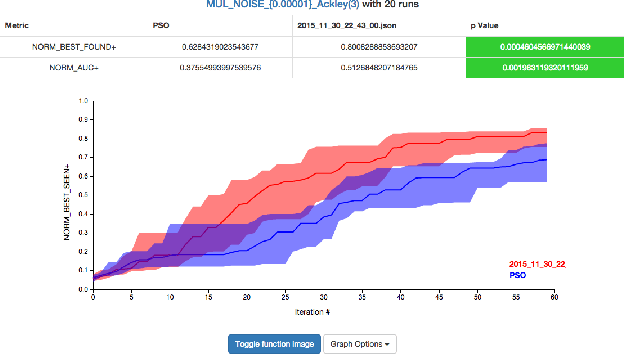
Abstract:Bayesian optimization is an elegant solution to the hyperparameter optimization problem in machine learning. Building a reliable and robust Bayesian optimization service requires careful testing methodology and sound statistical analysis. In this talk we will outline our development of an evaluation framework to rigorously test and measure the impact of changes to the SigOpt optimization service. We present an overview of our evaluation system and discuss how this framework empowers our research engineers to confidently and quickly make changes to our core optimization engine
A Stratified Analysis of Bayesian Optimization Methods
Mar 31, 2016



Abstract:Empirical analysis serves as an important complement to theoretical analysis for studying practical Bayesian optimization. Often empirical insights expose strengths and weaknesses inaccessible to theoretical analysis. We define two metrics for comparing the performance of Bayesian optimization methods and propose a ranking mechanism for summarizing performance within various genres or strata of test functions. These test functions serve to mimic the complexity of hyperparameter optimization problems, the most prominent application of Bayesian optimization, but with a closed form which allows for rapid evaluation and more predictable behavior. This offers a flexible and efficient way to investigate functions with specific properties of interest, such as oscillatory behavior or an optimum on the domain boundary.
 Add to Chrome
Add to Chrome Add to Firefox
Add to Firefox Add to Edge
Add to Edge